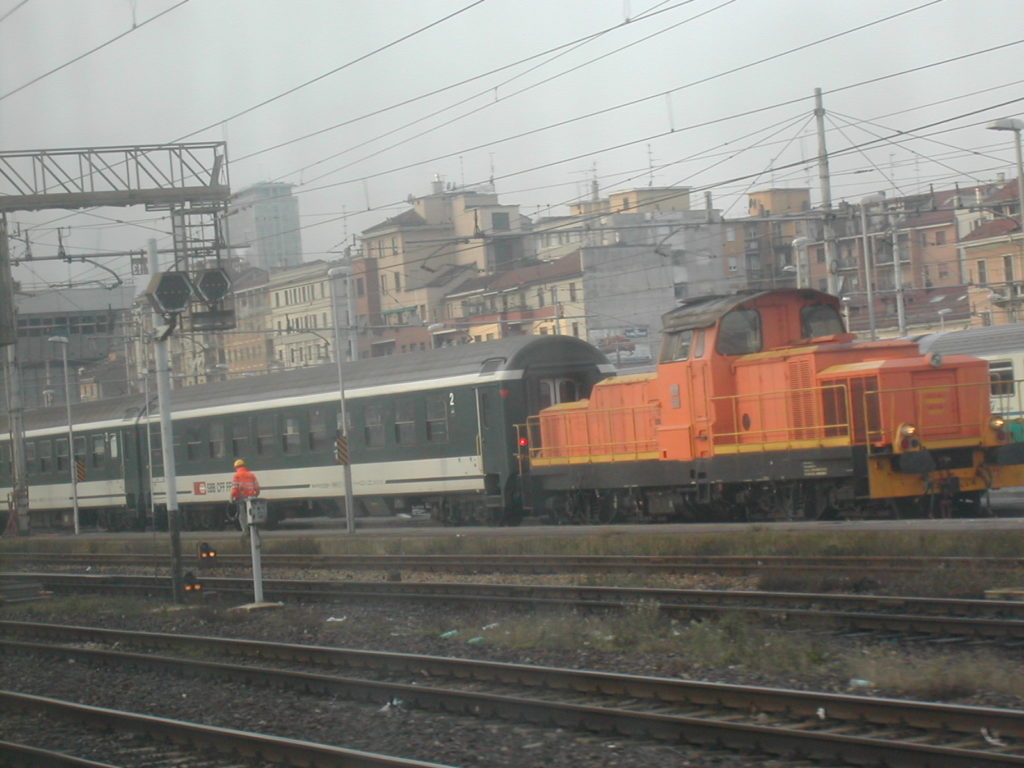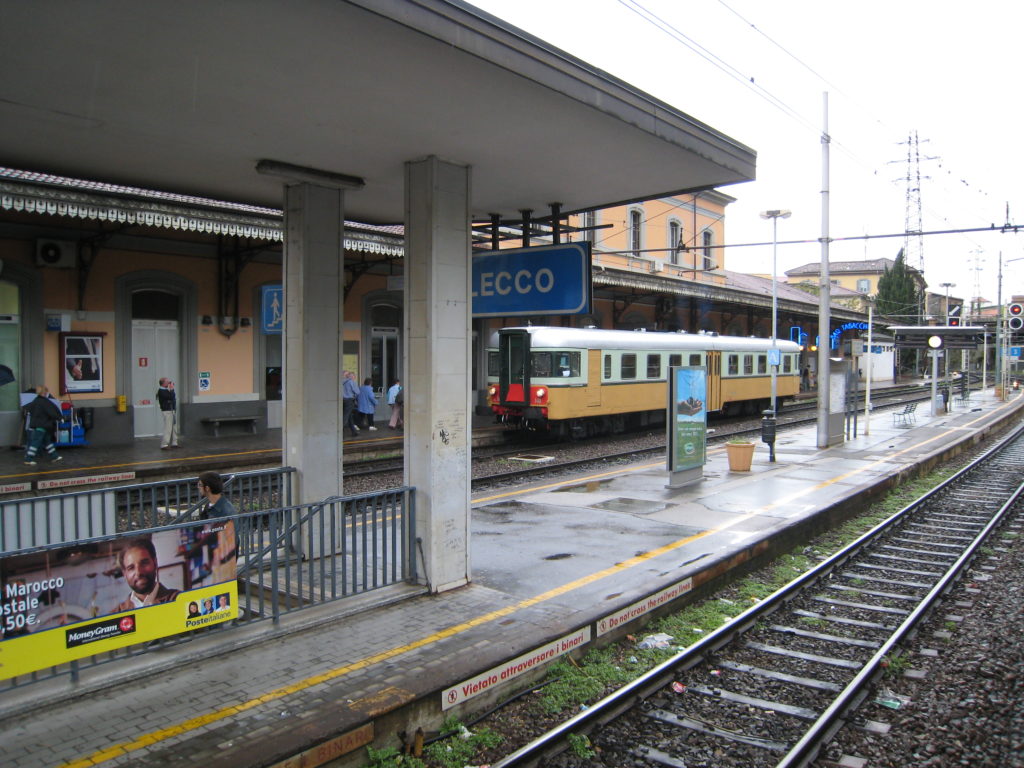Another reason to favor remote work is that the alternative – commuting – is expensive in every possible way. And the bulk of commuting costs are borne by employees.
The purely economic costs are easy enough to quantify: individual commuters must spend money on cars – very expensive items that may be used for only two trips a day, the rest of the time uselessly parked – with all their attendant costs and fuel, or public transport. Infrastructure must be built and maintained. There are environmental costs. And so on. Some companies offer commuter benefits to help defray these monetary costs, but these don’t help with the considerable personal costs of commuting.
Commuting as an activity, no matter how you perform it, is usually both stressful and boring. Except when things go wrong (traffic jams, accidents, public transport delays or strikes) – then it’s just stressful.

Commute time is a waste for both employee and employer – most commuters can’t do anything useful for themselves or their employers during a commute, unless you count having phone meetings (if your commute is a solo drive) or listening to work-related podcasts. During my years of commuting by train, I was sometimes able to do work on a laptop, but my ability to concentrate depended on the number and noise of people around me.
Some companies in the Bay Area offer shuttle buses with wifi so that employees can work on their way to the office, but this isn’t productive for everyone – if you’re the least bit prone to motion sickness, trying to focus on a laptop in start-and-stop traffic is going to be a problem. And, again, noise and crowding are factors.
So commute time is usually not work time, but it is time subtracted from your personal life. Commuters must arrange family schedules around their work-plus-commute time, often resulting in kids spending very long hours in daycare and afterschool programs. All non-work activities, errands, etc. are relegated to the weekend, so that you never really have relaxing time off. It can feel very much like you’re just living to work, hence all the interest (and much lip service) given to work-life balance. We should really be talking about work-life-commute balance.

There is research to show that a long commute (by one or both spouses) can be damaging to a marriage. When we moved to Lecco I was working for a company in Milan, with a two hour commute door to door that left me constantly exhausted. This probably did not help my already stressed marriage. (Enrico’s commute consisted in driving 15 minutes to the Lecco branch of the university.)
In two-career families, optimizing for both commutes can be very difficult. The Bay Area is particularly hard. By 2019, traffic there had become so horrible that Brendan and I rarely went anywhere on weekends – though there were many nice places (beaches, national parks, wine country) within 50-100 miles of our home, visiting them just wasn’t worth the likelihood of being stuck in traffic for three hours coming back.
Most families in the sprawling Bay Area are dual-career, not least because few can afford to live there on only one income. Commutes must be considered when either of a couple change jobs, and it can be almost as hard to achieve equity in this as when following a spouse to another country. I knew of one couple who moved every three or four years, taking it in turns to be the spouse with the bad commute. They did not have children.
Brendan and I optimized for his commute – we lived within 15 minutes’ drive of the Netflix office. When I started working for Ericsson, I was driving 45-75 minutes to the San Jose office most days. Cancer/chemo put an end to that, and I never went back to a regular commute at that job or my subsequent AWS job. My pattern became that I was either working from home or travelling far away (Stockholm, Seattle) for work – in those places I was staying in hotels and could optimize my commute as I liked.
I don’t foresee a future in which I will ever again commute regularly. Like many other people, I no longer believe that my employer is entitled to any additional hours of my life spent commuting, and I know that I can be at least as productive at home as anywhere else. We just need all company managers to understand this.

photos: mostly, various views from my Lecco/Milan commutes





One thought on “Remote work vs the costs of commuting”